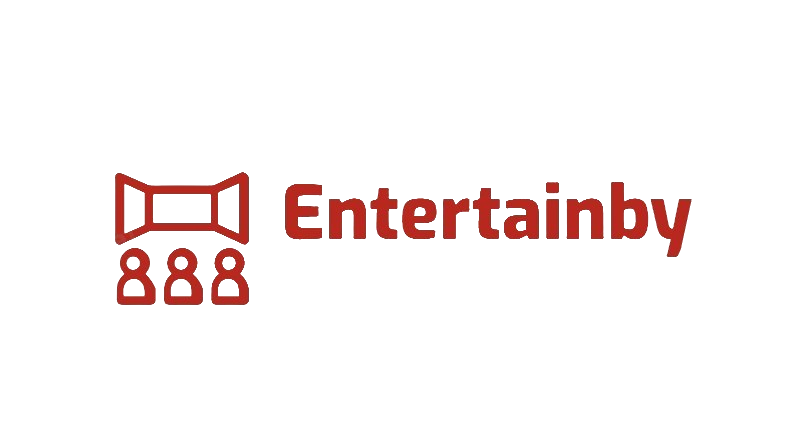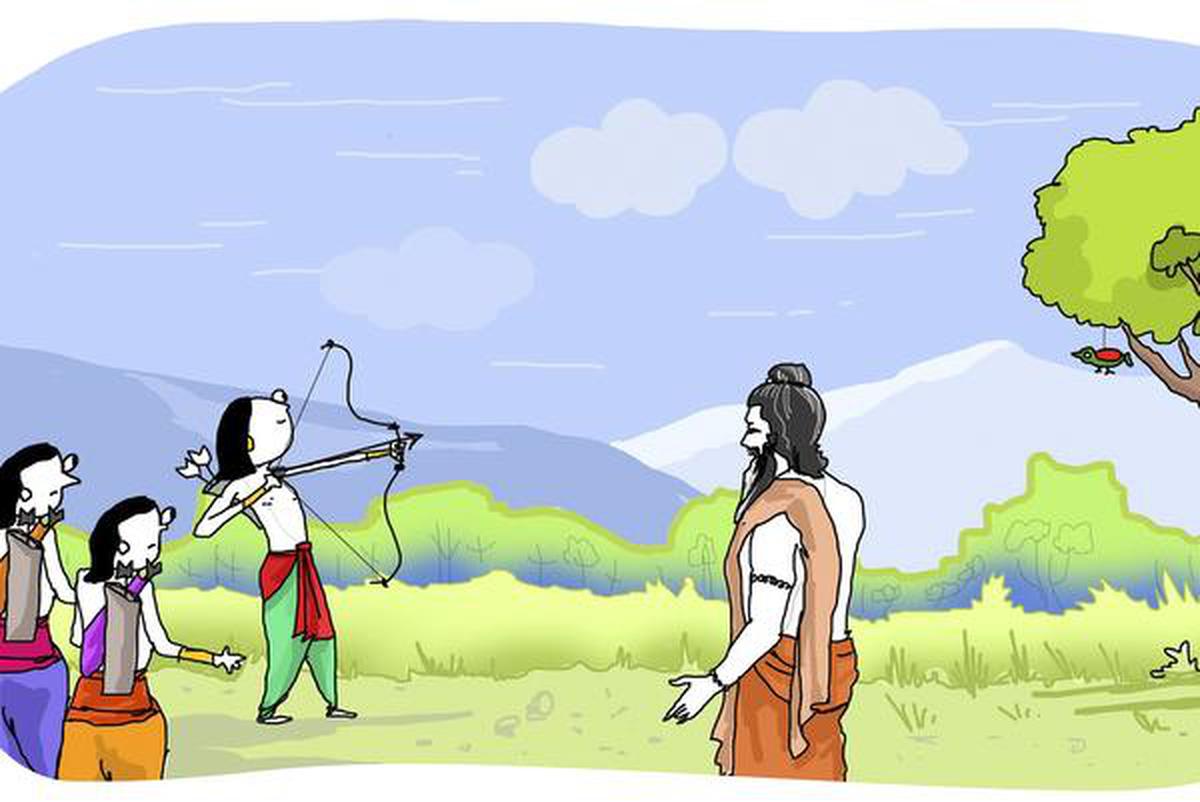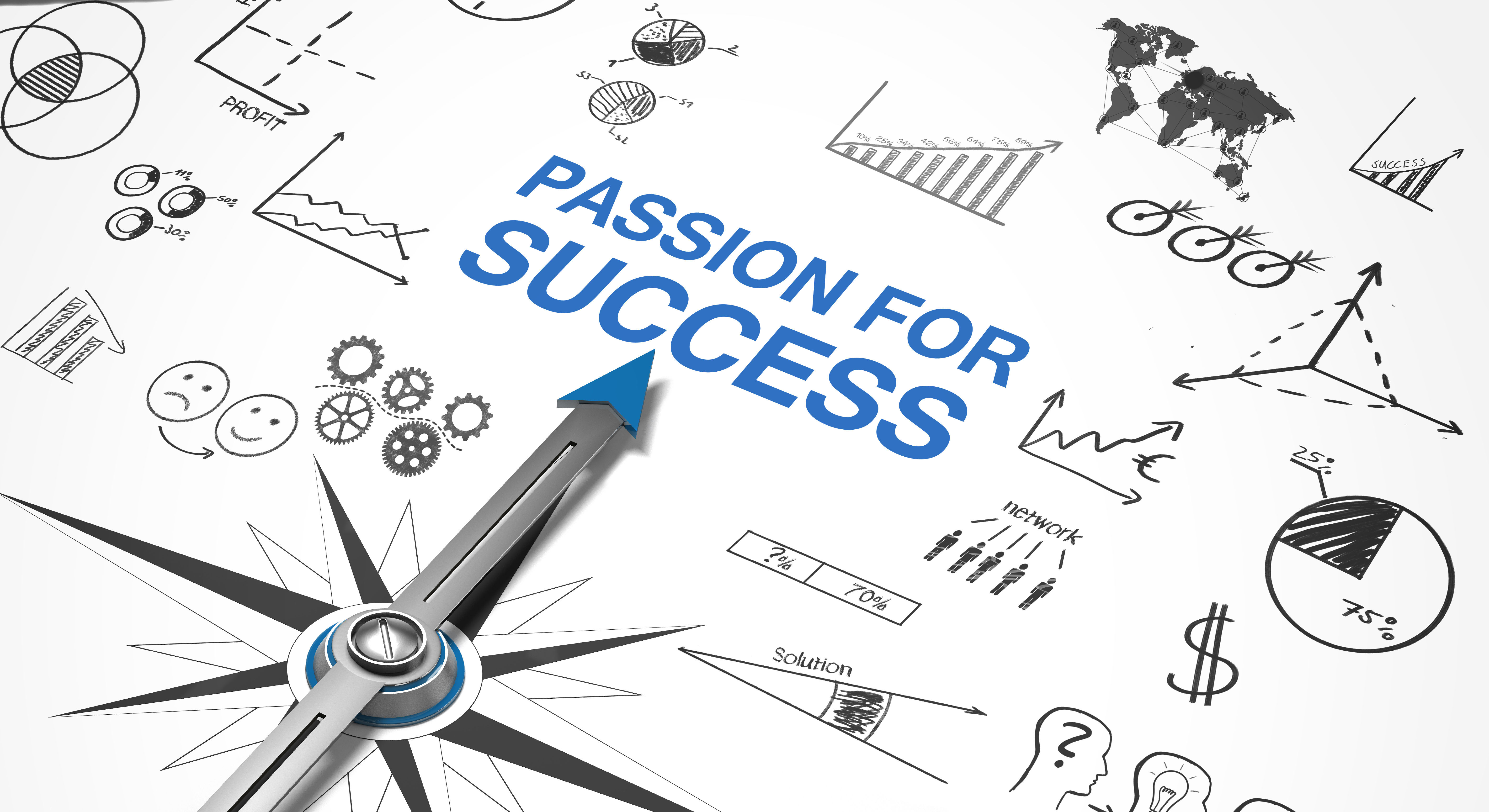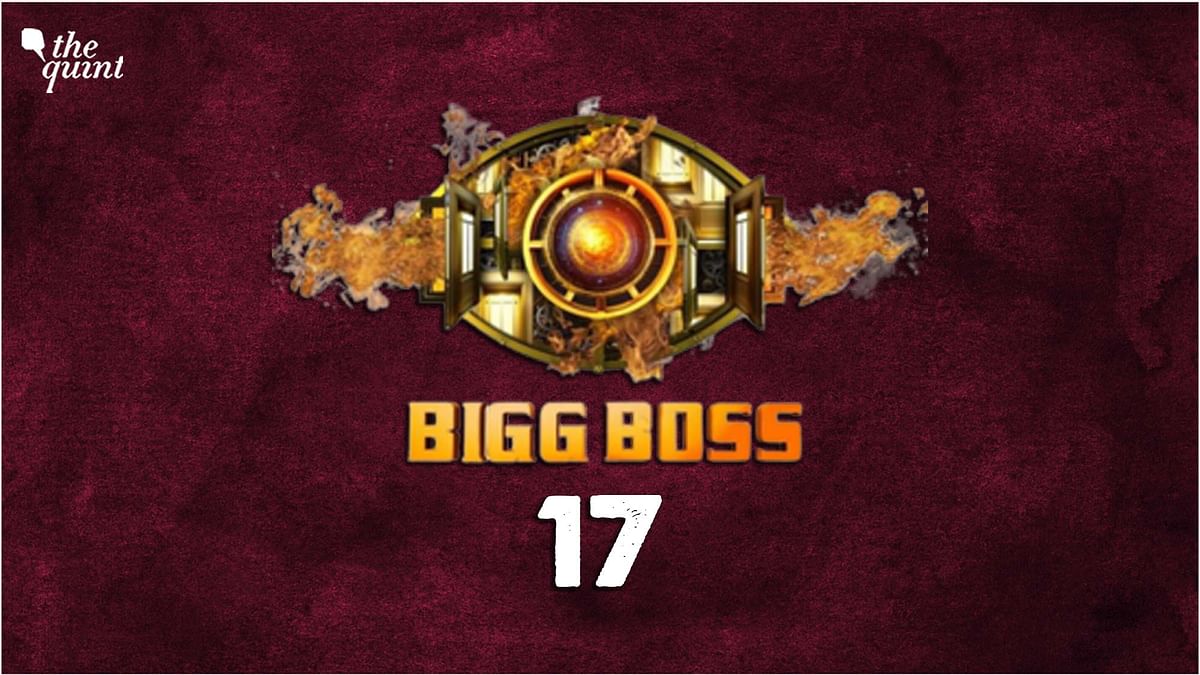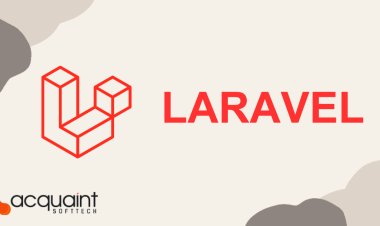The Illusion of Success: Why Being Busy Doesn't Mean You're Productive
The illusion of being busy. Society tricks us into thinking hyper-productivity is success, but it's an absolute waste of living. Poorna Bell.
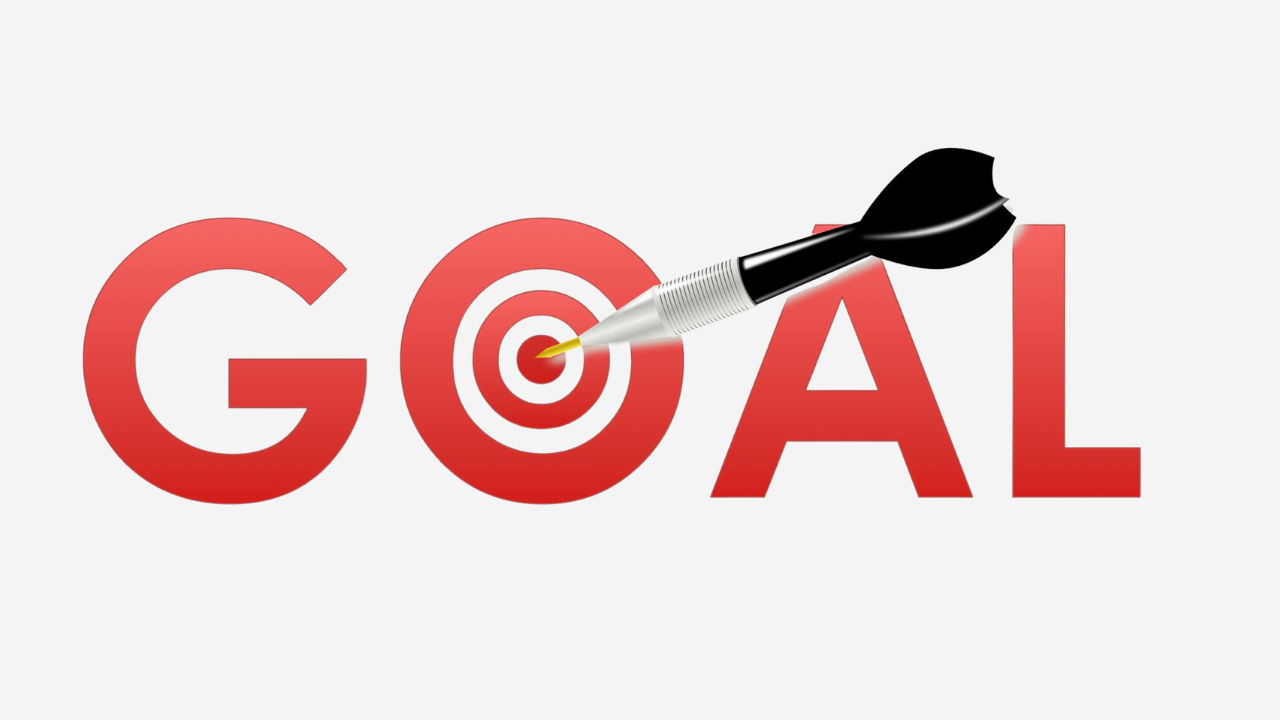
A brief account from the Hindu sacred text known as the Mahabharata follows.
Arjuna and the Fish Eye:-
the fallacy of being too informed, extremely busy, and attempting to multitask at the same time
From the Hindu epic known as the Mahabharata comes the tale of how the famous archery instructor Dronacharya instructed the Pandava brothers in the art and skill of archery. Once, when the five Pandava brothers and Karna were gathering for an archery training session with Guru Drona, he hanged a wooden fish high on a tree over a pool of water, and he requested each pupil, one by one, to take the archer's stance. Karna was the only student who did not comply with his instructions. He gave them the instruction to aim their bow and arrow at the fish's eye while focusing only on the reflection of the fish in the water below. Guru Drona waited for each student to come forward and have his turn before pausing them in the position and asking, "Son, what all do you see?" Yudhisthira, the eldest, responded, "The sky, the tree, the..." but Drona cut him off before he could finish, and he was replaced by the next lad in line.
The same thing happened to Bhima after he gave his answer, which was "The branch of the tree, the fish, the..." Even Karna was instructed to take a step back. When the same question was posed to Arjuna, the expert archer, he responded without any hesitance by saying, "I see the eye of the fish." And Guru Drona screamed with glee, "Shoot!" and Arjuna's arrow unerringly pierced right through the eye of the fish. "Shoot!"
Our cultural and societal fixation with "more and instant" presents one of the greatest challenges to being completely present and letting our higher consciousness to guide the way, as it is one of the primary impediments to enabling our higher consciousness to lead the way. Just now, you can get more of everything: more items, more food, more information, more news, and more Facebook friends. Have you noticed that we are usually blown away by people who are extremely well-informed, extremely busy, have very little free time, and continuously switch between different tasks? Wow, we can't believe it; she must be quite important, we thought to ourselves. And as a result of globalization and the incredible advancements in technology, we are now in a position where we are practically overpowered with the want to have and know more, and to have it effortlessly, instantly, simultaneously, and continuously. Because we are so busy, there is no time for us to engage in activities that are truly significant. Because we have access to so much information, we are unable to determine what matters the most. Because we are constantly bombarded with stimuli, we are unable to completely feel anything. And since we are juggling so many different tasks at the same time, we are not getting anything done. (There are times when I wonder if this is the reason we are in a recession — so that we may take a break and simply reflect.)
ALSO READ:- Imran Khan reveals how to use steroids properly for muscular gain.
Slaves to Our Screens: Why Multi-Tasking Isn't the Way to Success:
In a piece that was just published this morning, I came across a reminder of this occurrence. The author of Your Business Brickyard and a speaker and entrepreneur, Howard Mann is also the author of the post. An extract is as follows
"... The number of individuals that are on Twitter and on blogs, as well as the growth of people (and brands) on Facebook, never ceases to astonish me. On the other hand, it never ceases to astonish me how the majority of us spend our time. The reverberation chamber that we are currently constructing is growing in size and volume. More megaphones do not necessarily result in a more productive discourse. We have allowed the glare of our displays and the light from our mobile devices to enslave us... We walk around with our heads bowed, staring at displays that are three inches or less in size while the rest of the world does the same thing. And yet, we are confident that our connections to one another are stronger than they have ever been. It's almost like a badge of pride these days to be able to multitask. I am curious as to why..."
Since I began my career as an architect, Mies van der Rohe's evergreen reminder that "Less is More" has played a significant role in molding and shaping my design sensibility. But what about the way I carry myself and the way I act in my day-to-day life? When I was working for a huge, international design business, I had one specific experience that involved repeated tasks that ended up being really enlightening in this aspect. As a specialist in human-centered design research, I had the client and their world front and center of my attention. This emphasis encompassed both a broad and deep level of consideration. Consequently, I rapidly became a significant contributor in marketing, particularly in terms of conducting interviews and securing new business for the company. Preparing for a job interview in the hopes of landing a significant contract was always a highly strategic, competitive, and high-pressure affair. This was true regardless of the business.
The core group convened in a closed room with a large number of advisors and subject matter experts for a number of hours at a time, sometimes for as long as three to five days, to engage in brainstorming sessions, write ideas down on index cards, and shape, hone, and practice a message. If he wasn't already a member of the interviewing team, senior managing partner Scott was nearly always present in the room to act as a coach for the candidates being evaluated. Scott was a quick learner, a clever strategist, and an absolutely charming seller. He was an asset to any company. He instilled in us the importance of conducting exhaustive research and enquiring into each and every facet of the client's operation as a business. He demonstrated to the group how to hone a clear message and how to develop confidence in "asking for the job." He asked us with a furious energy, "Why should they hire you?" and had us answer the question multiple times until we got it correctly. He would frequently scold us by saying, "Think in terms of benefits, not features!" In contrast to some of the others, I found these sessions with Scott to be really enjoyable and looked forward to them, much as I did the opportunity to use what I had learned in an interview with a client.
The Power of Love and Passion in Achieving Success:
One of the tasks that Scott highlighted was doing as much research as possible on the other players in the game so that you have an advantage over them. Who are these people? What are some of their greatest advantages? What do we bring to the table that they don't, and how does that help us stand out from the crowd? When I was first starting out and trying to figure out how to strategize and win projects, and because I was such a huge fan of Scott's, I made sure to follow his advice to the letter. However, as I had my awakening to a higher Consciousness, I started to realize the falsehood of information, which was something I had so liked doing throughout my entire life. I realized that there was a point at which one could become overinformed, and as a result, lose concentration on what is truly essential and irrelevant, and be sidetracked by other things. At the level of driving outcomes, I noticed that by focusing on specifics such as rivals' qualifications and deficiencies, we were not leading with the purity of what we loved to do and were good at doing. This was a problem since our attention was not on what was driving the outcomes. This frequently led to the creation of "winning" sales messaging that secured us work, while the majority of this work was only a reasonable fit, if not a bad fit, with the genuine passion and skills of the team. Being forced to work on tasks that you did not enjoy or were only lukewarm about for three to seven years was like winning individual battles but losing the war. In the same vein as knowledge, strategy – a gift for which I was highly recognized throughout the company at a "young age" – was also highly overvalued! Perhaps all that is required of us is to just enjoy what we do and do it with passion.
It was at this point that I recalled the brief tale of Arjuna and the Fish Eye, which I had been taught when I was a young girl. Even though I was aware of the lesson all along, hearing it in the form of an old narrative gave it a new and profound perspective for me. I started conditioning myself to focus solely on the eye of the fish whenever I was trying to identify it. I became aware of how tempting it was to focus my attention on the tree, the sky, and the birds. I noticed how, as a group, we would frequently glance elsewhere besides where we should have been looking in order to give ourselves the impression that we were working diligently, gaining more knowledge, and doing better when, in reality, all we did was create the illusion that we were productively engaged. During one of these pursuits for the expansion of Los Angeles International Airport, I dared to deviate from the high-pressure preparation that was taking place at the time, and I took the time to tell Arjuna's story to two very senior gentlemen working on the project, one of whom was Japanese. I'll never forget the sight in his eyes; it was as if a teaching from one ancient civilization had hit a profoundly resonant chord with a person from another ancient culture. I've never seen anything like that. At midday, he stopped by my office to express his gratitude for the straightforward advice that I had provided and to let me know that he now considers me an effective guide for interview teams.
The Key to Success: Tuning into Our Consciousness and Getting Out of Its Way
Our minds will never be satisfied with the amount of information they have, mostly because they want to be able to anticipate, influence, and exert authority over the results of whatever they are trying to do. However, our higher Consciousness is at peace with uncertainty (and a deeper, more innate understanding). It is possible that the concentration on consequences, which is also a prominent topic in the Mahabharata's Bhagvad Gita, is the reason why it has been said that information is power. But the real impact of having access to an enormous amount of information is that it creates a massive amount of noise, on which our minds love to gorge themselves and become fixated. As a consequence of this, two significant illusions that are related to one another are perpetuated:
The first delusion is that there is a severe lack of time currently available to us.

The illusion that an important life is one that is filled with terrible and excessive activity is connected to this idea.
Because of our fixation with information, our minds are fooled into believing that we have less time and more things to do. They allow themselves to be handicapped by the constraints they perceive and attempt to multitask their way to "success." And when they do win, it is for the wrong reasons; they may win the battle, but they end up losing the war. When we concentrate on the eye of the fish, we are able to filter out information that isn't essential and tap into the timeless moment, which some people refer to as the Eternal Now. It enables us to be in the here and now. Many athletes who jump from great heights or those who are in a life-or-death situation would tell you that "time stood still" when they took their one and only chance at life. This is because time expands to make it possible for what has to happen to take place. Our consciousness is always automatically tuned into these limitless and timeless moments; all we need to do is get out of its way so it can do its thing.
